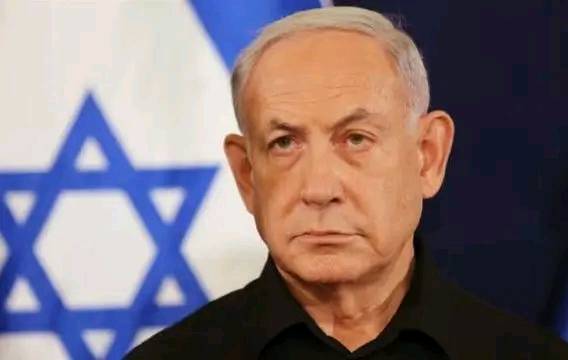🚨Israel Closes Diplomatic Missions Worldwide Amid Military Operations in Iran
In an unprecedented move, Israel has temporarily closed its diplomatic missions around the world, citing rising security threats linked to ongoing military operations in Iran. This strategic decision, reflecting heightened geopolitical tensions, signals the gravity of the current regional crisis and the risks it poses to Israeli personnel and citizens abroad.
The closures follow reports of intensified Israeli military activity targeting Iranian military infrastructure, particularly nuclear and strategic assets. These actions are part of Israel’s broader effort to counter what it perceives as an existential threat posed by Iran’s expanding military capabilities and its influence across the Middle East. In response, Iran and its proxies have issued warnings and threatened retaliation, significantly elevating security concerns for Israeli interests worldwide.
The Israeli government has issued advisories to its citizens traveling or residing overseas, urging them to avoid public displays of national identity, such as wearing Israeli symbols or speaking Hebrew in public. Citizens have also been cautioned against sharing travel details or personal information on social media, as doing so may expose them to potential targeting. In addition, Israelis have been asked to avoid large-scale public events associated with Israel or Jewish communities, which could become targets for politically motivated attacks.
The global diplomatic closures underscore a broader shift in Israel's security posture. The measure is not only a precaution but also a signal of the serious nature of the unfolding conflict with Iran. This level of diplomatic withdrawal is rare and demonstrates the government’s concern over potential retaliation against Israeli embassies and consulates, which have historically been targeted during times of regional conflict.
This development is likely to impact diplomatic relations, economic interactions, and international coordination in the short term. It also raises questions about the effectiveness of traditional diplomacy in times of asymmetric warfare and growing regional instability. As the situation evolves, the international community is watching closely, urging de-escalation and emphasizing the need for diplomatic solutions to avoid a broader regional war.


